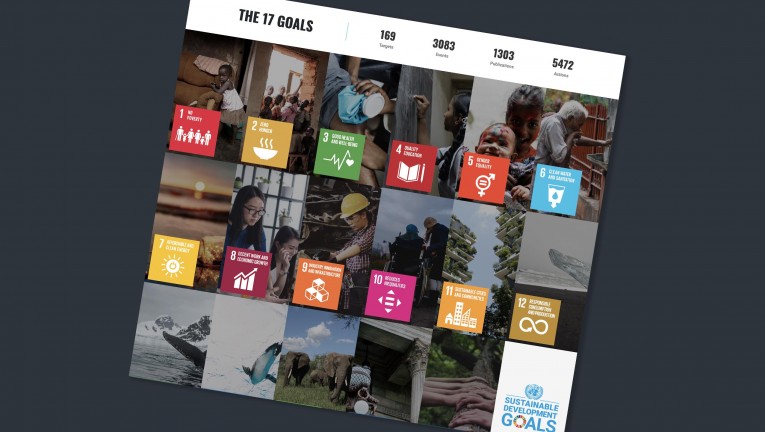Six steps to start greening your business

Environmental consultant Alex Ferguson outlines the first steps companies can take to implement an effective Environmental, Social and Governance policy.
In an excellent opening article in the last edition, the team at Concept spoke about Business Evolution. At Delta-Simons we work with businesses of all scales to support their 'ESG' efforts. ESG is Environment, Social and Governance and is the phrase that captures what that evolution means. It is becoming common language for investors and for clients. Under the title of ESG we measure, learn, adapt and improve the way we do business.
Whether it is watching the news of droughts, floods and wildfires, listening to David Attenborough or reading the IPCC report on climate change, it is clear to us all that change is needed. Increasingly, governments and possibly more significant for businesses, major corporations, financiers and investors are making a range of social and environmental commitments. We will all have to adapt our businesses to deal with the requirements of ESG reporting and there is a lot we can do now.
Having an ESG Policy, reporting on ESG at Board level and taking positive action puts us in a strong position to win work, secure favourable finance and to attract and retain the best talent.
Often, the toughest thing to decide is what to do first when there is so much information and so many drivers. The following are some suggestions as to how to take some positive steps:
1. Ask your people what matters to them.
This can be a formal materiality review, or just part of your usual team discussions. Tailoring your ESG activities to what really matters to your people is the best way to ensure success. You can align your priorities to the UN Sustainable Development Goals.

2. Review your energy usage and your energy suppliers.
Basic changes such as introducing LED lighting and insulating buildings are still significant in terms of the impact you can make to your carbon footprint. There are many energy providers now who will commit to providing energy from renewable sources and the cost differences are minimal. Track and record your energy usage, and the source. That is the basic information needed for calculating your carbon footprint. Whether you chose to calculate your carbon usage, or if you are asked to by an investor, having records of energy usage makes the process relatively simple.
3. Track your travel, both vehicle miles and public transport.
Measuring these will enable you to target reductions and save costs. Again, holding this information means that if you do decide to calculate your carbon footprint you can do so easily and cost effectively.

4. Find out how your people get to work and review your fleet.
Electric vehicles are coming and there will be significant challenges for business. Fast chargers take a lot of power. At Delta-Simons we know that we can only have four fast chargers for an office of 60 people capacity. An early review means that we can budget for the upgrades rather than having the cost imposed on us with no time to make financial plans.
5. Measure waste volumes and water usage.
By measuring, you identify opportunities to reduce or reuse. Ultimately, we are heading towards a circular economy, where all waste becomes a product for another process or business.

6. Focus on the well-being of your people.
Just by acting on point 1) and engaging your team, you are contributing to a well-being strategy. Aligning your business goals with those of the people that work with you, and reflecting their values, is the basis of a well-being policy. Businesses that get that right will thrive in times of change.
The key here is to act and not to over complicate. Ultimately, using less stuff and wasting less, making responsible choices and engaging with staff makes sense. Those align completely with doing good business. Being ahead of the change and driving it provides significant business advantage. We all want to be in the position where we set our own pace of change rather than having it dictated by clients or investors.

Alex Ferguson is the Managing Director of Delta-Simons, a multi-disciplinary environmental consultancy team delivering Geo-Environmental, Environmental Planning, Environment Health & Safety (EHS), Sustainability and Health & Wellbeing services across a range of sectors.
Delta-Simons is part of the Lucion Group of companies, forming the environmental consultancy arm of the group, and is a Member of the Inogen Environmental Alliance of EHS&S Consultants, an Alliance of over 70 companies with a global presence, delivering projects in over 100 countries for a range of corporate, private and public clients. If you'd like to know more about Delta-Simons, visit their site: www.deltasimons.com or email info@deltasimons.com.


Comments